Corporate Sponsors
Support brave new start-ups that can create high-impact outcomes.
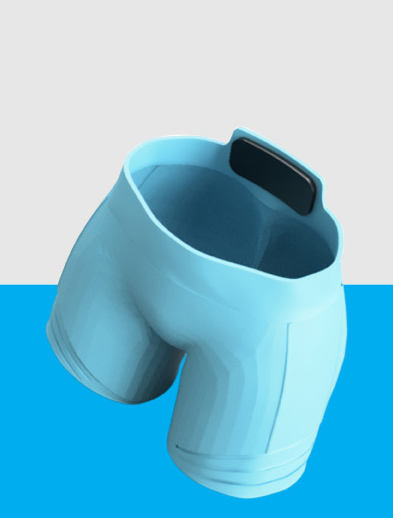
Team Meraki from IISc set out to address a widespread, troubling condition affecting almost a fifth of adult Indian women at some point in their lives. Urinary incontinence is a distressing medical condition wherein a person is unable to control the flow of urine. Clearly, such an ailment causes physical pain, social discomfiture, and a lot of psychological stress to the person concerned. When the Meraki team conceived of their innovation as a treatment solution to this problem, they were certain that all women affected would rush to avail of it.
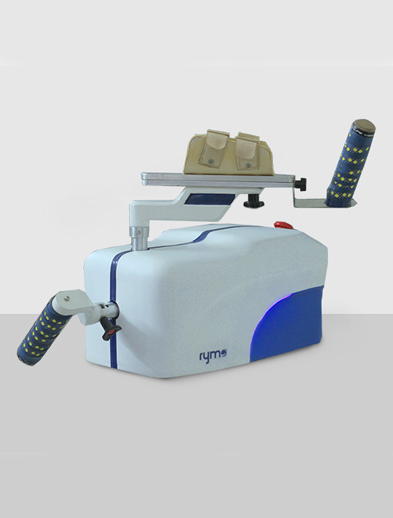
Physiotherapy patients routinely perform a prescribed sequence of repetitive exercises as part of their rehabilitation plan. Recognizing the monotony that such patients experience, Team Robo-Rehab devised a robotic rehabilitation device that gamified physiotherapy exercises to make rehabilitation more fun. The team joined the I-NCUBATE program wanting to get clarity on how to develop their product better.
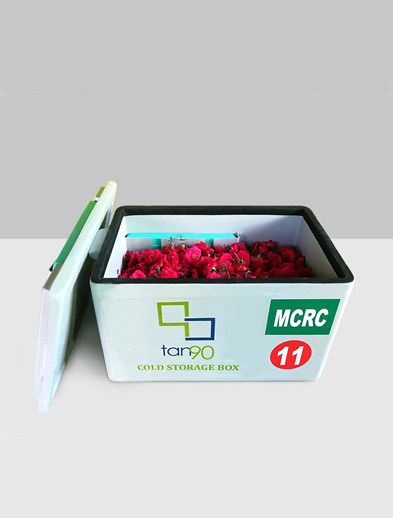
Team Tan90 comprised a confident set of Masters/PhD students from IIT Madras. They had won a student’s innovation contest with a cold storage box they had built. The experience encouraged them to think about building a startup around their innovation. They refined their technology with the guidance of a professor and they also joined the first cohort of the I-NCUBATE program under his guidance.
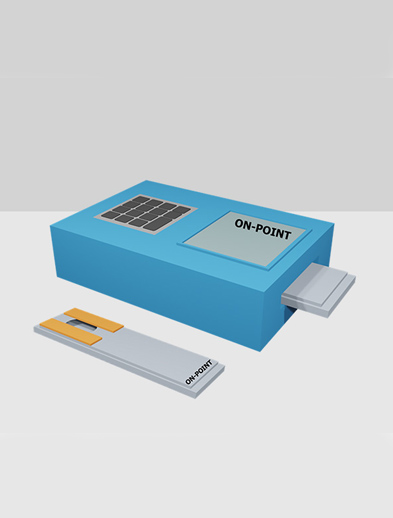
Drawing from personal experiences, Team Tattva Shodh from ICT - Mumbai designed a point-of-care device for monitoring conditions during pregnancy. The team comprising experienced researchers came into the I-NCUBATE program expecting to find customers and learn how to market their product.

Team Pico Distribute from Amrita Vishwa Vidyapeetham were working on building a smart-city platform incorporating connected mobility, AI-based smart energy management and real time visualisation. The young and enthusiastic team joined the I-NCUBATE program, confident that they had a world-changing idea.
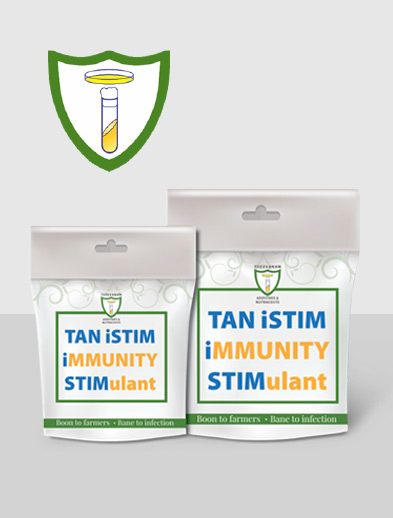
Team Theevanam was an ideal team – almost tailored for the I-NCUBATE program. They had two faculty leads, an industry mentor, and an enthusiastic entrepreneurial team that was technically knowledgeable. Through research in Biotechnology, Theevanam had developed a food additive that boosted the immunity characteristics of animal and human health products. The team thought that their innovation had wide application in aquaculture, poultry and human health products.
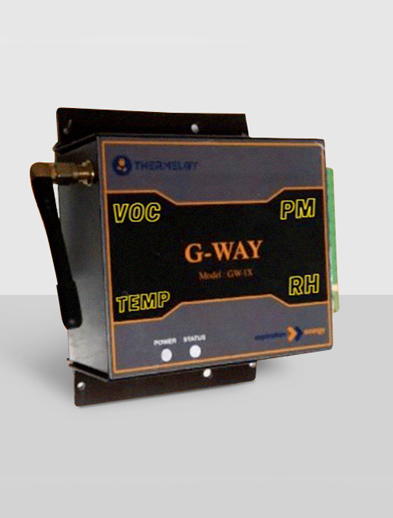
Team Thermelgy was an “experienced” team, in the sense that the professor (Faculty Lead) had already been through the I-NCUBATE program twice earlier with other startups. Besides three enthusiastic Entrepreneur Lead, Thermelgy already had an anchor investor, who was a successful entrepreneur in Thermelgy’s line of business, namely, energy efficiency.

About half of the current internet downtimes are preventable, say current reports. Yet, Internet Service Providers (ISPs) are largely focused on reactive maintenance rather than proactive monitoring. This is what inspired Team Aakash from Vellore Institute of Technology to work on their idea to strengthen the internet backbone, one monitoring solution at a time.

Team Photoniphy from BMS College of Engineering, Bengaluru, aspires to take the idea of a wireless world to the next level with their concept of wireless power transmission. With the Internet of Things (IoT) becoming ubiquitous in home appliances, medical devices, and industrial equipment, Team Photoniphy decided to begin its journey by eliminating the need for batteries in such devices. Convinced by the concept, BMS college decided to fund the building of a prototype.
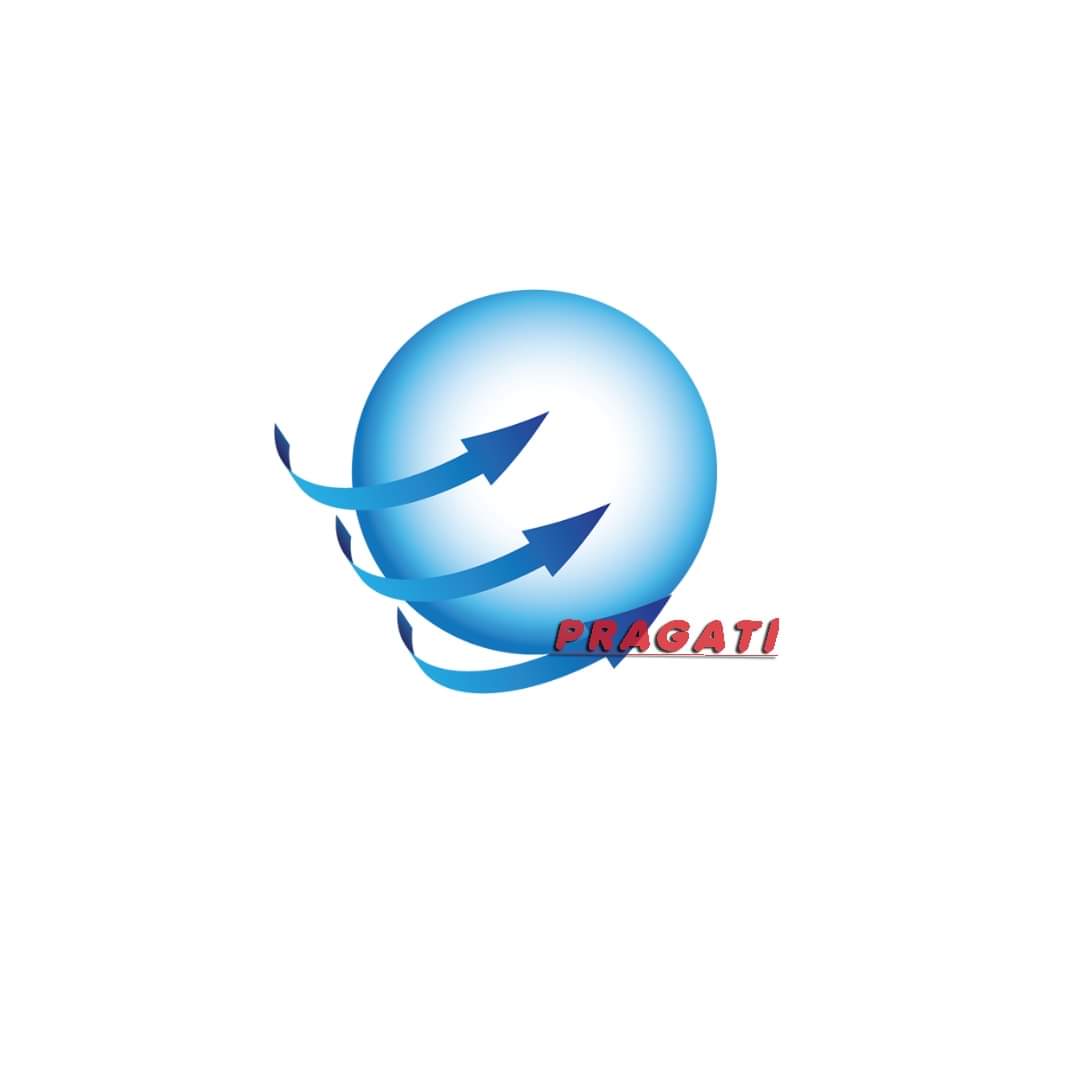
Arijit Majumdar and Ankita Paul were studying their fourth year of engineering when the Covid-19 pandemic broke out. They focussed their final year project on finding a solution to the problems of healthcare sector workers in tackling the pandemic. They designed an SNH Robot that could clean, sanitize, and assist hospital staff by eliminating the need for human intervention in high-risk areas. That was the inception of Team Pragati Tech.

Team Gravity from Shankaracharya Technical Campus was building an AI-powered microscope when they came into the I-NCUBATE program. Optical microscopes, the team felt, have several limitations – from causing stress to the user’s eyes and neck to consequential errors in readings. Team Gravity spent three months working on their innovation before coming to GDC.

Team Gravity from Shankaracharya Technical Campus was building an AI-powered microscope when they came into the I-NCUBATE program. Optical microscopes, the team felt, have several limitations – from causing stress to the user’s eyes and neck to consequential errors in readings. Team Gravity spent three months working on their innovation before coming to GDC.

Team DesIN from IIT, Hyderabad aims to make toys. The scenario of the Indian toy industry is as follows: minuscule global presence, rising exports, government initiatives to support the industry. The Indian market is set to become the global toy hub by 2030 and the market is hugely unorganized. The team thought they would make use of this scenario to make innovative educational toys with 3M glass bubbles mixed with ABS. The team wanted to set this idea into motion and joined GDC. That’s when they realized that they were progressing at a very slow phase making shallow assumptions. Four weeks into the I-NCUBATE program, all of their initial assumptions and value propositions got invalidated.

Feel Joy is a mentor health start-up. The CEO, Parav, struggled with dyslexia at school and he was almost about to drop out, but he was fortunate enough to have found a few mentors who helped me learn differently. He discovered that these mentors had emotional intelligence. This motivated the CEO to study about emotional intelligence for nearly 10 years, which gave him the idea to start FeelJoy.

Team Raydius aims at building a two way digital platform where content consumers get instant access to happenings in their neighborhood and Producers post about themselves to reach people in their vicinity. Their initial assumptions were that content consumers want to know about neighborhood activities and they cannot find them in one place. They also assumed that the content producers weren’t tech savvy and hugely relied on banners, leaflets etc.

Team Aurava’s idea is to print a metal based electronic circuit with its polymer housing, called a smart electronic structure. As a PhD in UTSAAH Lab, CPDM, we are doing research to design and develop a 3D metal printer using a novel technique to print electronic structures in 3D. They joined the I-NCUBATE program to find the validity for their product in the market. They met around 15 entrepreneurs at the Elevate Karnataka Finale and got to know that the entrepreneurs make only one or two prototypes, either outsource the PCB or get the prototype done by the prototype manufacturers.

Curium is an unlikely combination of aggressive surgeons and deep learning nerds. These surgeons often do hernia surgery. Some of these Hernias are small, some are big and some can be recurring. Hernias recur as the doctors don’t have enough information in the CT scan before they operate. They also have limited information during and after the surgery. It could be tedious determining whether the hernia could recur or not.

Team ImLab aims to improve proctology diagnosis devices Ergonomics Design, Enhanced Visual and Physical Accessibility and Economy in cost. They joined the GDC I-NCUBATE program to gain better understanding of the market and also to get feedback from Doctors regarding their vision.

Bion is a team of researchers from IITM and Anna University. They prototyped a smart wearable device to monitor the electrolyte imbalance level during Dialysis. To commercialize it, they enrolled in the GDC I-NCUBATE program.

Air quality is a ragging problem in the metropolitan cities of India over the last few decades . Team Air Quality Patrol aims to solve this particular issue by establishing a low-cost sensor-based network for air quality monitoring and development of self calibration protocols in urban centers in pursuit of cleaner air.
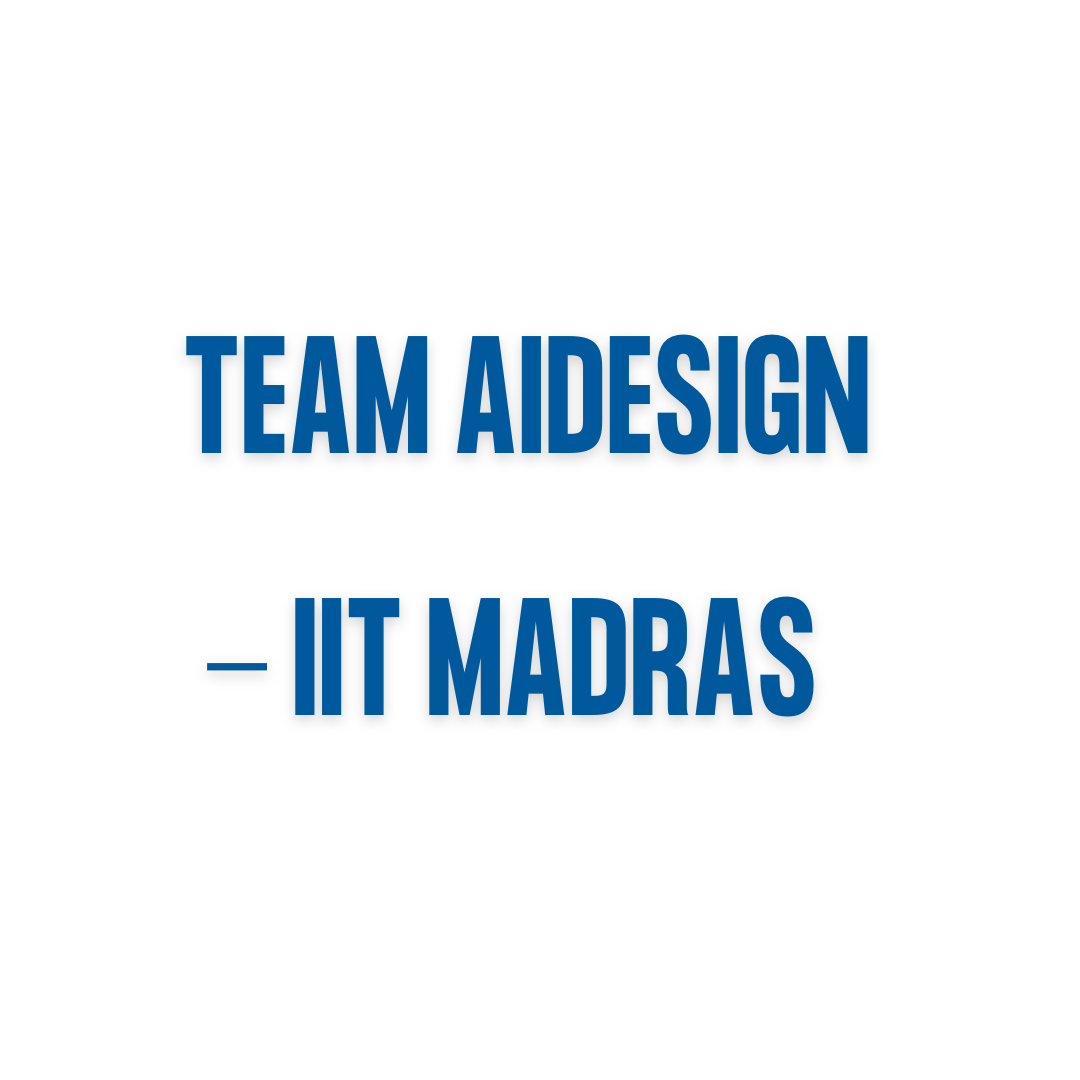
Team AIDesign from IIT Madras, found out the hard way that the business world is far different from the technical world. The team found out that these worlds completely run on different motivations and perspectives when they entered the I-NCUBATE program. AIDesign specializes in building physics-less models using Artificial intelligence based algorithms instead of physics based conventional numerical solvers to solve complex engineering simulation problems at a billionfold faster rate with simple computational resources.